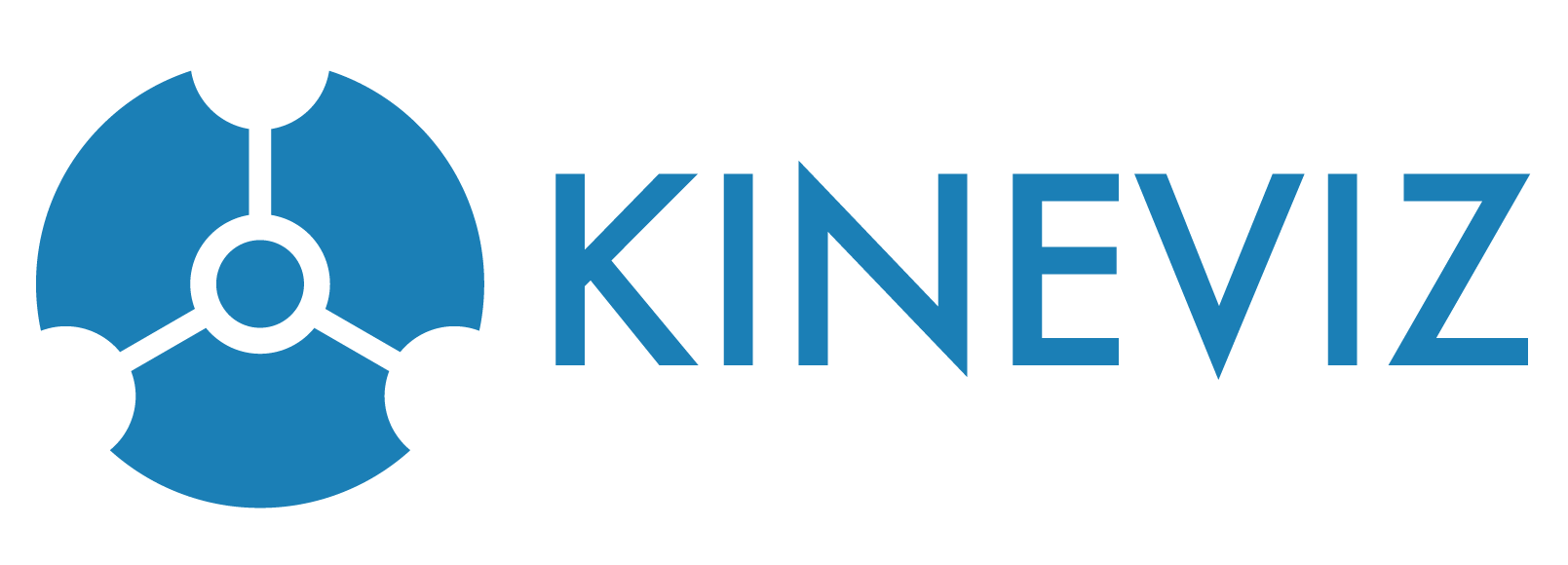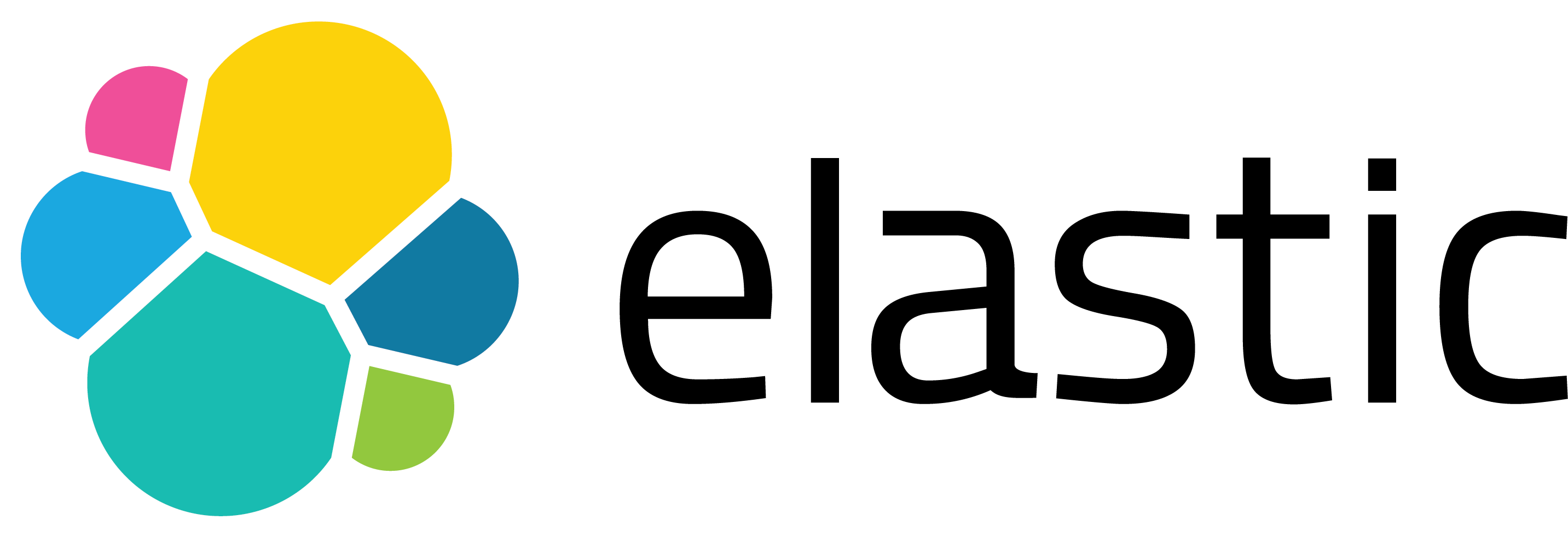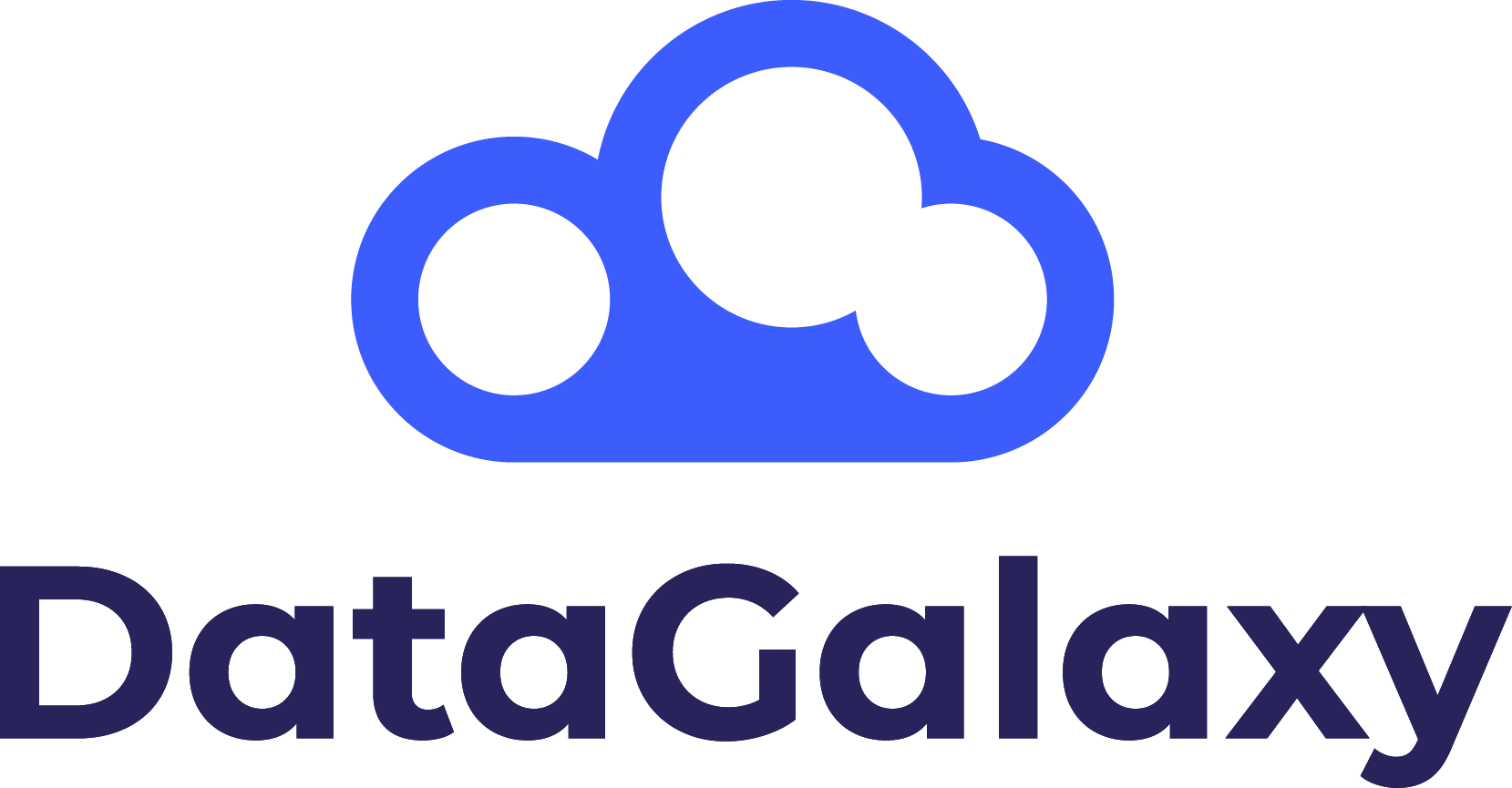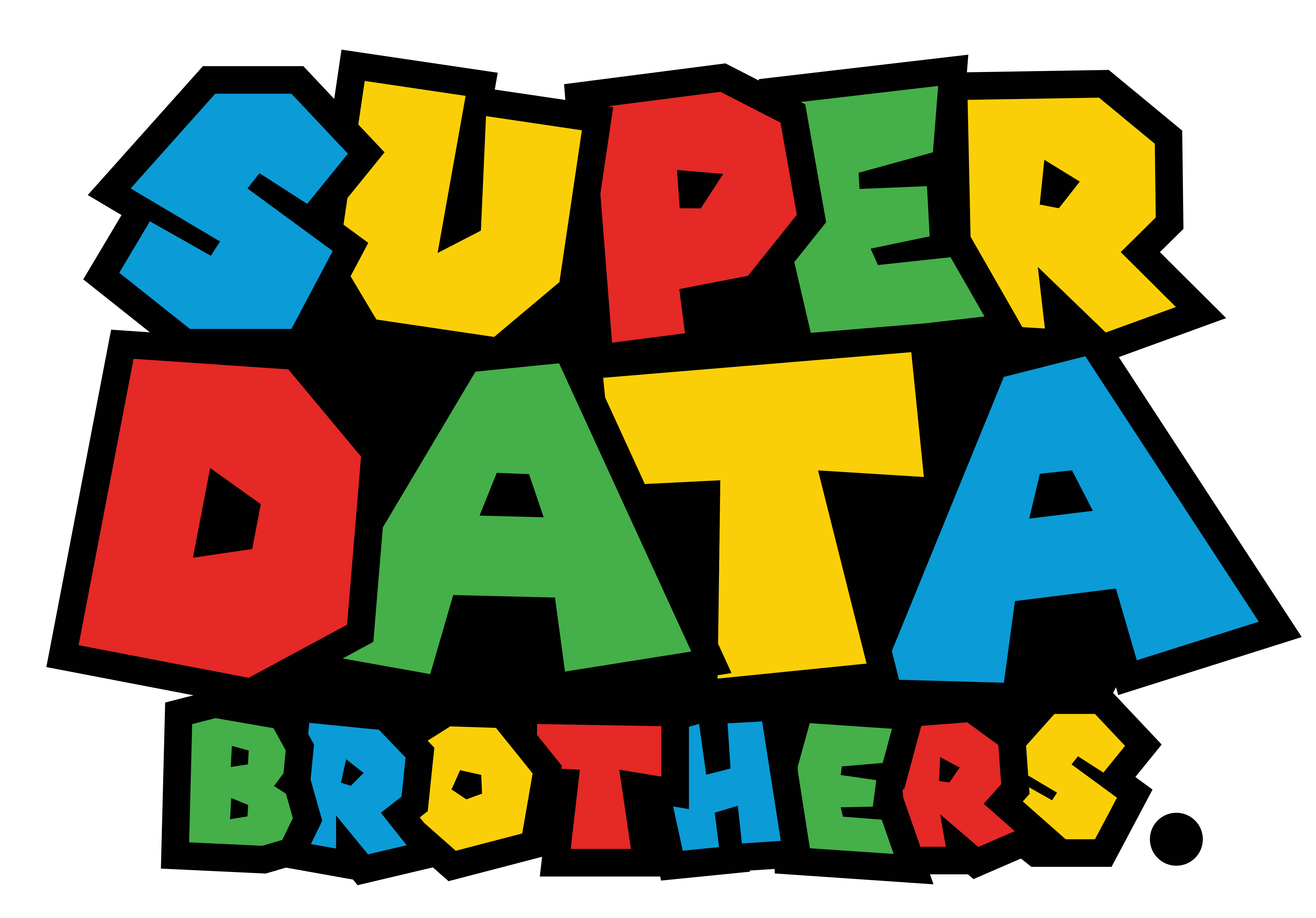
Data Day Attendees: Here is your registration code: LETTHERIGHTONESIN
Data Discussions is a day of group conversations, birds of a feather, town hall style meetings, etc. No presentations. No slide desks. Just discussions between speakers and attendees - the stuff you can't do on YouTube. Speakers and registered attendees are welcome to suggest discussion topics for the schedule.
This is a separate event from Data Day Texas, and will be held on Sunday, January 26, 9am - 5pm.
Registration is open exclusively to Data Day Texas attendees, and to preserve the conversational nature of the event, will be limited to first 200 registrants. If you have registered for Data Day Texas, and haven't received a registration link for the Sunday Discussions, send a request to sunday@globaldatageeks.org
Sunday Data Discussions!
10:00 am
Room 103 - Good morning - initial thoughts / plans
10:15 am
Room 103 - Jean-Georges Perrin - What's a data product? - let's settle the debate once and for all
Room 104 - Clair Sullivan - Freelancing Unlocked: Mastering the Art of Independent Data Science
Room 105 - Patrick McFadin - Does AI need AGI?
Room 108
11:20 am
Room 103 - Ole Olesen-Bagneux - Metagrid : Ask me anything!
Room 104 - Michael Hunger - GraphRAG
Room 105 - Clair Sullivan - Navigating the Challenges of Deploying Generative AI in the Real World
Room 108 - Mark Freeman - Data Quality - Ask me anything
12:20 pm
Room 103 - Vaibhav Gupta - BAML - a deep dive
Room 104 - Jessica Talisman / Eevamaija Virtanen - Librarians of AI - traversing the intersections between cultural technologies
Room 105 - Juan Sequeda - Knowledge Engineering
Room 108 - Lisa Cao - The New, the old, and the current state of Data Catalogs.
1:20 pm Break
May we recommend Caffe Medici on Guadalupe St.
2222 Guadalupe St B, Austin, TX 78705
1:50 pm
Room 103 - Jonathan Mugan - AMA Session on Superintelligence
Room 104 - Amy Hodler and David Hughes - Hyperdimensional Horizons: Exploring Neuromorphic Intelligence and Graph Applications
Room 105 - Joe Reis and Ryan Dolley - BI in the age of AI
Room 107 - TBA
2:50 pm
Room 103 - Bethany Lyons - How does AI change the way we build software, and the accompanying job roles and responsibilities?
Room 104 - Amy Hodler and Prashanth Rao - Transforming Agentic Workflows and Tasks Using Graphs as Operational Models
Room 105 - Joe Reis and Bill Inmon - Data Engineering and Architecture
Room 108 TBA
Hyperdimensional Horizons: Exploring Neuromorphic Intelligence and Graph Applications
Hosted by David Hughes and Amy Hodler
Join us for an interactive discussion of hyperdimensional computing (HDC) and neuromorphic cognitive computing. We'll explore the principles of HDC, its alignment with brain-inspired architectures, and its transformative potential in graph-based applications. From innovative data representation techniques to advanced use cases in cognitive analytics, HDC and neuromorphic cognitive computing has the potential to unlock new possibilities in computing at the intersection of artificial intelligence and neuroscience. Come with your questions, and be prepared to explore these concepts with colleagues and industry experts.
Navigating the Challenges of Deploying Generative AI in the Real World
Hosted by Clair Sullivan
Deploying generative AI applications in real-world environments comes with a unique set of challenges, requiring more than just traditional software development techniques.
Let's discuss the key steps for navigating this complex landscape, beginning with prompt engineering and an exploration of how to develop effective evaluation strategies for practical, production use cases to assess LLM performance, ensuring alignment with business objectives. Next, let's discuss the question of whether to fine-tune models to better fit specific use cases. We can also cover best practices for monitoring model performance over time, ensuring continued accuracy and reliability as models and tools evolve. Along the way, we’ll address the adaptation of traditional software engineering practices, such as unit testing, to generative AI applications.
Librarians of AI - traversing the intersections between cultural technologies
Hosted by Jessica Talisman
Cultural technologies include paper, the printing press, libraries, universities, special collections and archives, to name a few. AI models are also cultural technologies, that benefit from well structured cultural repositories in both pre-training, RAG and RIG. LLMs are increasingly reliant upon the quality of the data published by knowledge institutions. In fact, thanks to rigor around data and information quality, AI companies are privately funding university libraries to optimize data for LLM . Let’s examine what the tech world can learn from how librarians have managed data at scale, and how these practices can be applied within our own organizations.
Does AI need AGI?
Hosted by Patrick McFadin
As we ride the sigmoid curve of AI development, we find ourselves at an inflection point where AI tools like large language models are becoming increasingly capable while simultaneously revealing their inherent limitations. I wrote an article last year about it, which you can find here: The Current state of LLMs riding the sigmoid curve.
This discussion challenges the assumption that artificial general intelligence (AGI) is the necessary end goal of AI development. Instead, we'll explore whether viewing AI as a collection of purpose-built tools - each with clear interfaces, expected outcomes, and known limitations - might be a more productive framework for innovation and practical application.
- How might our approach to AI development and deployment change if we stopped chasing AGI and focused on perfecting "tool-grade" AI?
- What can we learn from the evolution of other transformative tools throughout history about the real requirements for AI success?
- As data professionals, how do we balance the pressure for ever-increasing capabilities against the practical benefits of well-defined, reliable tools?
AMA Session on Superintelligence
Hosted by Jonathan Mugan
Join Jonathan for an open discussion about what LLMs lack, what superintelligence will look like, and what it will take to get there.
Transforming Agentic Workflows and Tasks Using Graphs as Operational Models
Hosted by Amy Hodler and Prashanth Rao
Join us for a discussion to explore the transformative potential of graphs as operational models in AI.
We invite you to explore ideas together as we look at:
- The evolution of graphs from theoretical constructs to practical operational models.
- How graph structures enhance knowledge representation, reasoning, and task decomposition in AI systems.
- The integration of graphs with large language models and other AI technologies such as agents.
- Applications of graph-based operational models.
- Challenges and future directions in graph-based AI and inference processing.
This discussion will provide valuable insights for data scientists, software engineers, and anyone interested in the future of AI architectures and workflows. Attendees will gain a deeper understanding of how graphs are shaping the next generation of intelligent systems and processing techniques.
Whether you're a seasoned professional or new to the field, this discussion will offer fresh perspectives on leveraging graphs to create more efficient, interpretable, and powerful AI solutions. Join us for an engaging dialogue that bridges theory and practice in this rapidly evolving domain.
What's a data product? - let's settle the debate once and for all
Hosted by Jean-Georges Perrin
Let's discuss Data Products: definition, content, lifecycle, all-of-it. Let's finalize the table of contents of my next book :)
Freelancing Unlocked: Mastering the Art of Independent Data Science
Hosted by Clair Sullivan
Transitioning to freelancing in data science isn’t just about changing where you work; it’s about rethinking how you work, who you work with, and what success means to you. This roundtable discussion offers a unique space for aspiring and early-stage freelancers to explore the nuanced challenges and rewards of this path. We’ll discuss essential topics such as pricing models, how to build a diverse client portfolio for financial stability, strategies to avoid common freelancing pitfalls, and tips for building a brand that stands out. You’ll have the opportunity to ask questions, share experiences, and problem-solve alongside peers and seasoned freelancers alike.
Expect a candid exploration of issues like finding your first clients, navigating the learning curve of independent work, and managing multiple projects without burning out. We’ll also tackle practical matters like developing an efficient portfolio, handling unexpected client demands, and structuring your work-life balance to make freelancing sustainable in the long term. Bring your questions and concerns to this supportive, interactive session, and leave equipped with actionable strategies to build the freelance career you’ve envisioned.
Hyperdimensional Horizons: Exploring Neuromorphic Intelligence and Graph Applications
Hosted by David Hughes and Amy Hodler
Dive into the fascinating realm of hyperdimensional computing (HDC) and neuromorphic cognitive computing in this interactive session. Explore the principles of HDC, its alignment with brain-inspired architectures, and its transformative potential in graph-based applications. From innovative data representation techniques to advanced use cases in cognitive analytics, join this interactive discussion to unlock new possibilities in computing at the intersection of artificial intelligence and neuroscience. Come with your questions, and be prepared to explore these concepts with colleagues and industry experts.
Knowledge Engineering
Hosted by Juan Sequeda
The need for context has become more critical than ever with AI now. Building on themes from Ole’s keynote on the Metagrid, talks on semantics, and discussions around knowledge graphs and library sciences, this session will explore the essential questions of knowledge engineering: How do we create, manage, and integrate organizational knowledge? How do we extract and connect the expertise in people’s heads to build a “digital twin” of organizations? How is this related to Data Engineering? Let’s discuss the impact on roles, jobs, and education
How does AI change the way we build software, and the accompanying job roles and responsibilities?
Hosted by Bethany Lyons
As software costs fall, we'll see a cambrian explosion in the amount of software built. We're moving from high leverage software products to highly personalised software products.
When software was expensive to build, the only way to recoup the cost was to build the same product for 100,000 customers.
If a customer needed a feature that wasn't shared with a large portion of customers, tough luck. If they wanted to remove an irrelevant feature that was used by other customers, also tough luck.
Lack of customisation and feature bloat are two of the top reasons B2B products are loathed by customers and users.
But now, it's becoming cost effective for customers to build exactly what they need and nothing more.
This completely changes the nature of SaaS. Instead of building products that accomplish some finite set of pre determined tasks, product managers will build languages, tools, and components to help customers build their own bespoke software.
This changes the profile of product managers in high leverage software companies. Product management will necessarily become dominated by more technical people because going forward, high leverage software will be more abstracted from the final use case.
Meanwhile traditional PMs focused on use cases will move from software companies to industry, where they'll build products for one company instead of thousands.
BAML - a deep dive
Hosted by Vaibhav Gupta
Lets discuss how to solve a practice problem in BAML - an Agentic framework built in Rust built for production use cases. We'll take ideas from the audience and then write code in real time. We'll make it open source and share the code with everyone.


















